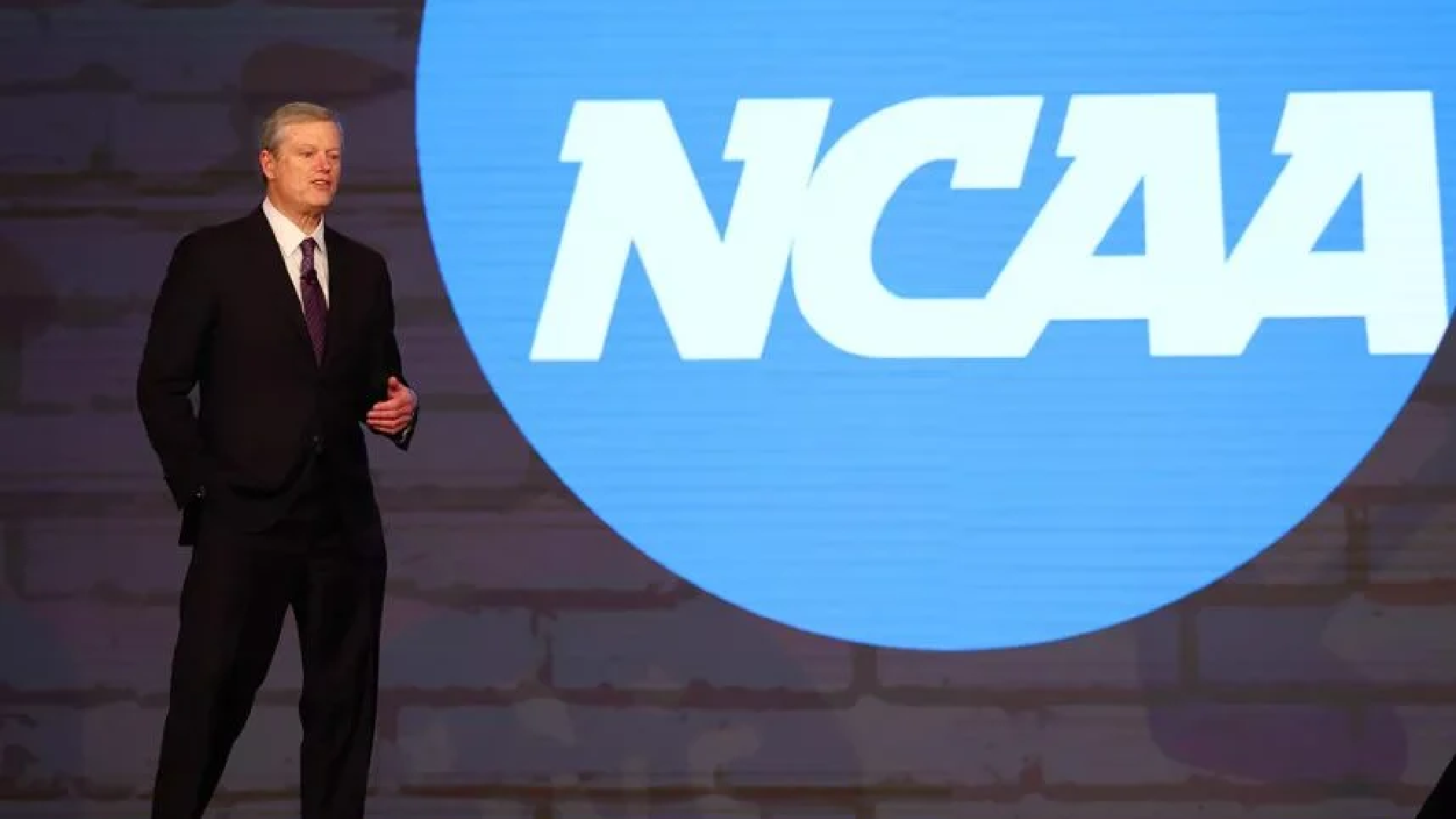Another Online Casino Bill Introduced in Ohio, Legislature Preps Collaboration

An increasing number of legislators in Ohio are supporting online casino gambling.
This week, Representatives Brian Stewart (R-Ashville) and Marilyn John (R-Richland) introduced House Bill 298, a proposal to permit online casino games, such as internet slots and interactive table games. The legislation would also encompass online poker.
"We already have online gambling in other forms,” John said regarding Ohio’s online sports betting market. “[iGaming] is a job creator — job creation in technological development.”
Stewart predicts that Ohio might garner between $400 million and $800 million annually in additional tax revenue from an established iGaming market.
HB298 would also ban online sweepstakes platforms from functioning in Ohio. Disputed websites and applications that numerous critics claim represent unlawful, unregulated online gambling persist in undergoing legal examination in the Buckeye State.
HB298 comes after an iGaming proposal that was put forth in the Ohio Senate the previous week. Senate Bill 197 aims to permit the Ohio Lottery to offer instant games via the internet.
Expensive Compromises
Stewart and John have suggested that every casino operator with a physical gaming license should be able to apply for an iGaming permit. Ohio's four casinos and seven racinos, the latter permitted solely to operate video lottery terminals and sports betting — excluding live-dealer table games — would be eligible for an online casino skin.
Entering the state's iGaming sector would be costly, with each iGaming license requiring an initial payment of $50 million and a renewal fee of $10 million every five years.
Online casinos would face a 28% state tax on their gross gaming revenue. Nearly all — 99% — of the iGaming taxes would be allocated to the state’s General Fund. Only 1% would be designated for programs addressing problem gambling.
HB298 would permit a more restricted and smaller iGaming landscape. In addition to rejecting iLottery, Stewart and John opposed online parimutuel betting as SB197 proposed.
With iGaming legislation presented in both houses of the Ohio Legislature, Stewart and John indicate they will collaborate with Sen. Nathan Manning (R-Ridgeville), the primary sponsor of SB197, to develop an online casino agreement.
iGaming Resistance
Jack Entertainment, Ohio’s longest-running casino operator, which manages Jack Cleveland casino and Jack Thistledown racino, is against online gambling. Churchill Downs, holding a 50% interest in Miami Valley Gaming, a racino, typically does as well.
MGM Resorts, Boyd Gaming, and Penn Entertainment, all of which have investments in Ohio, have typically advocated for iGaming in states where it has been proposed.
John dismissed Jack’s earlier points that online casinos take customers away from physical casinos, where visitors also spend on food and drinks and support more jobs than an online casino does. John thinks that iGaming merely expands the “customer base” of gamblers and enables those “who favor an online atmosphere” to wager in a controlled, taxed setting.
Other critics of iGaming mention worries about addiction. State Rep. Dani Isaacsohn (D-Cincinnati) claims that placing casinos in the hands of Ohioans would increase the risks of gambling addiction and the numerous social issues associated with it.
“What we’d be saying with this bill is that it’s worth it to have thousands — if not tens of thousands — of people at increased risk of suicide,” Isaacsohn opined.




